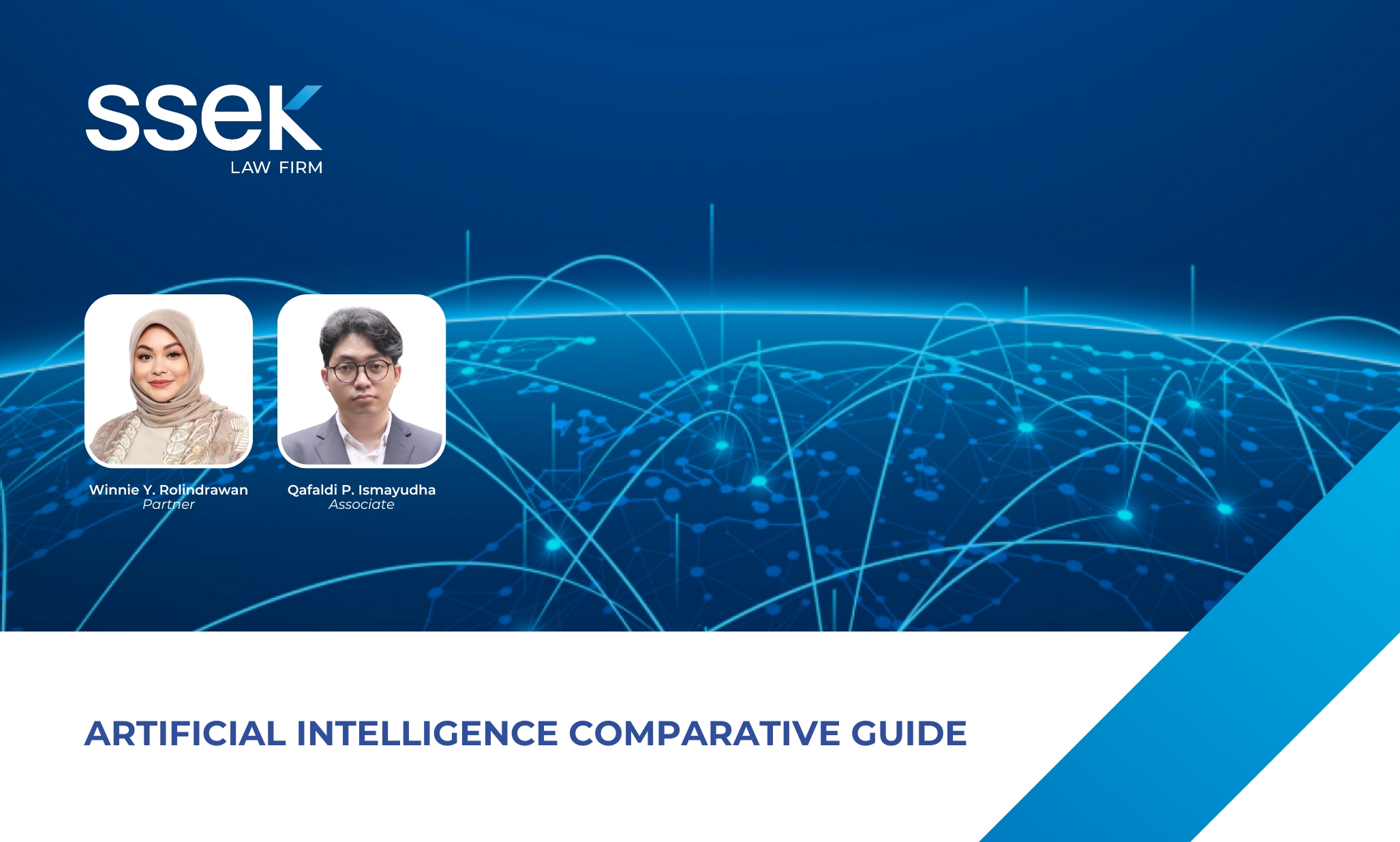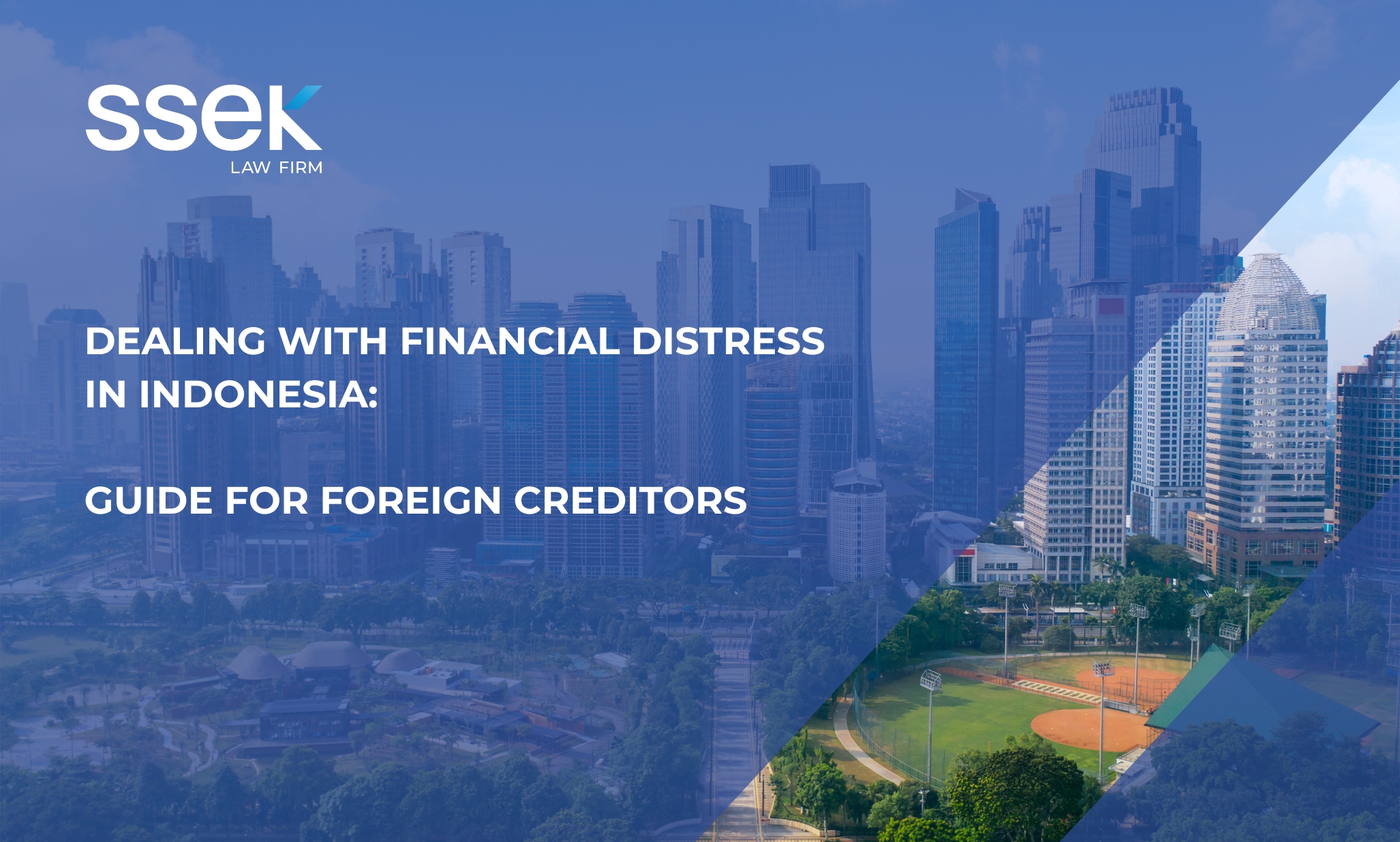


The Indonesian government has issued a new regulation on the public housing savings program and the contributions by employers and employees that will become mandatory beginning in 2027.
Government Regulation No. 21 of 2024 (“GR 21/2024”) was enacted on May 20, 2024. It amends Government Regulation No. 25 of 2020 regarding the Implementation of the Public Housing Savings Program (Tabungan Perumahan Rakyat or "Tapera") (“GR 25/2020”).
The Tapera program is designed to help workers purchase houses by requiring mandatory contributions into the program by employers and employees.
The mandatory contribution, once it takes effect, is to be set at 3% of the monthly salary of employees and the average monthly income in the previous calendar year for self-employed participants. Of that 3% contribution, employees will cover 2.5 percent and employers the remaining 0.5 percent. Every Indonesian citizen who is at least 20 years old or is already married and who earns at least the relevant provincial minimum wage and any foreign citizen who works in Indonesia for at least six months will be required to participate in the Tapera program.
We look at some of the key amendments introduced by GR 21/2024.
Change to Category of Employees
GR 21/2024 amends the Elucidation of Article 7 (j) by adding categories of employees included in the definition of “Employees who are not employees as referred to in letters a through i who receive salary.”
Previously, in GR 25/2020, only “foreign nationals who work in Indonesia for at least six months” were included in this definition. GR 21/2024 expands this definition to include employees of certain institutions, namely the Public Housing Savings Management Agency or BP Tapera, Bank Indonesia, and the Social Security Administrator or BPJS.
Calculation and Regulation of Contributions
GR 21/2024 introduces several changes to Article 15 of the previous regulation. The first amendment concerns the authorities responsible for regulating the basis for calculating the program contribution amounts. Article 15 (4) of GR 21/2024 dictates that:
- Employees of state-owned enterprises, regionally-owned enterprises, village-owned enterprises, and privately-owned enterprises, previously regulated by different authorities, are now regulated by the Ministry of Manpower.
- Self-employed participants, who previously were not regulated, will now be regulated by the BP Tapera.
The second change is the addition of Article 15 (5a) in GR 21/2024. This provision specifically regulates the basis for calculating the contribution of self-employed participants, which was previously not regulated. This addition clarifies that the contributions of self-employed participants are calculated from their reported income.
Article 15 (7) states that further provisions regarding the basis for calculating the contributions, as provided for in Article 15 (5a), will be regulated by BP Tapera.
Appointment of Custodian Banks
In GR 25/2020, Article 31 paragraph 3 states that BP Tapera will only appoint one custodian bank, without distinguishing between banks that implement conventional principles and banks that implement sharia principles. GR 21/2024 amends that to now require BP Tapera to appoint two custodian banks – one commercial bank that implements conventional principles and one commercial bank that implements sharia principles.
Tapera Fund Financial Statements
Before the amendment, the custodian bank’s annual financial statements for the Tapera Fund, the Investment Manager’s annual financial statements for the Collective Investment Contract (Kontrak Investasi Kolektif or “KIK”) for the investment of the Tapera Funds, and the reports on the distribution of financing by the bank or financing company were required to be prepared and submitted to BP Tapera following BP Tapera regulations.
With the amendment, the custodian bank’s annual financial statements for the Tapera Fund and the Investment Manager’s annual financial statements for the KIK for the investment of the Tapera Fund are to be prepared and submitted to BP Tapera following the prevailing laws and regulations.
Liquidity Facility Fund
Article 64 of GR 21/2024 introduces a new obligation for BP Tapera to manage the Housing Financing Liquidity Facility Fund. This fund will be transferred from the Ministry of Finance to BP Tapera. Article 64 (1a) states that the Housing Financing Liquidity Facility Fund is a government investment managed separately from the Tapera Fund.
Article 64 (1b) states that BP Tapera shall manage the fund in compliance with the laws and regulations governing government investments. Lastly, Article 64 (5a) mentions that the termination of the Housing Financing Liquidity Facility Fund is possible once BP Tapera is fully operational.
Conclusion
It remains to be seen how the government will regulate the maximum salary limits that will be used to calculate employee and employer contributions to the Tapera program.
The government also has more work to do before the Tapera Program can be implemented, including the appointment of custodian banks and the enactment of the required implementing regulations that will need to take into account the best interests of employers and employees.
Employees and employers must register for the Tapera program by May 20, 2027, or seven years from the introduction of GR 25/2020.
This publication is intended for informational purposes only and does not constitute legal advice. Any reliance on the material contained herein is at the user’s own risk. All SSEK publications are copyrighted and may not be reproduced without the express written consent of SSEK.









